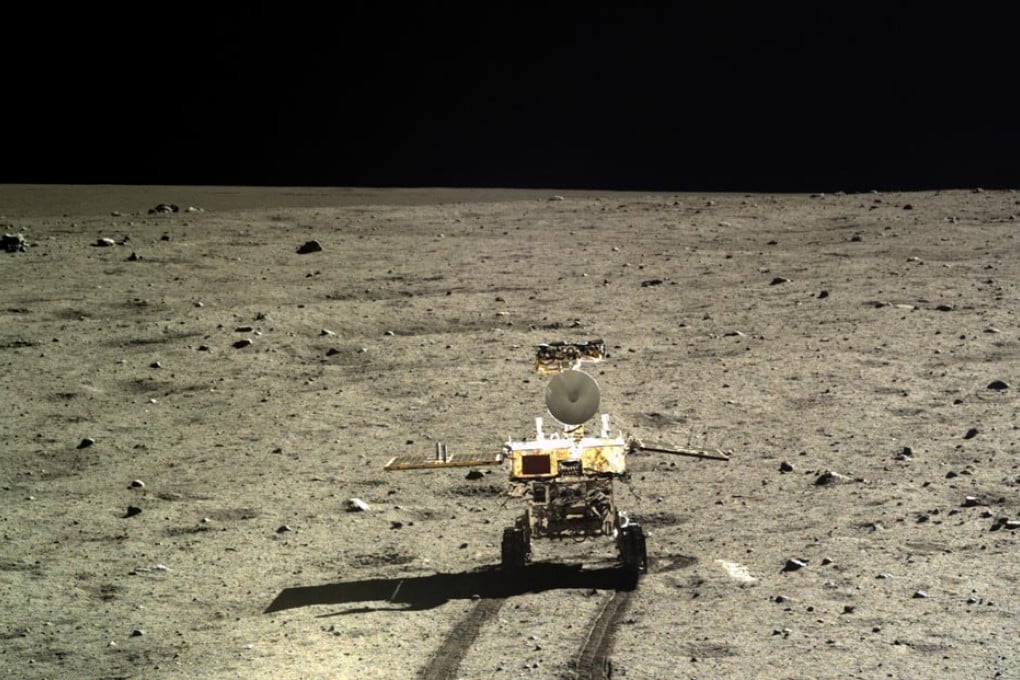Success and failure: two sides of the same coin for China's space mission
Failure is not a word Beijing takes lightly. Driven by a desire to become a superpower and with the world watching its every move, success in all endeavours is expected. The breakdown of the nation's first moon rover, Jade Rabbit, just halfway through its three-month mission, therefore risks being perceived negatively. If scientists are unable to make repairs, it could well be written off as a blot on the space programme.

Failure is not a word Beijing takes lightly. Driven by a desire to become a superpower and with the world watching its every move, success in all endeavours is expected. The breakdown of the nation's first moon rover, Jade Rabbit, just halfway through its three-month mission, therefore risks being perceived negatively. If scientists are unable to make repairs, it could well be written off as a blot on the space programme.
Such thinking is flawed. Life's greatest teachers are failure and defeat, and that is especially so when it comes to innovation. Thomas Edison, inventor of the light bulb, well knew that, purportedly making 1,000 attempts before developing a successful prototype. He didn't think of that as 1,000 failures, but a process of 1,000 steps.
China has made great leaps in space in a short amount of time. From its first manned mission a little more than a decade ago, it has now successfully landed a probe on the moon and has its sights firmly on astronauts walking on the lunar surface around the middle of the next decade. The achievements have come with increasing self-assuredness and transparency; the hallmark of the latest mission has been the cool confidence of a professional space power. There has been an understanding that risks are necessary to attain worthy goals.
More than half of the 130 lunar missions by space powers have failed or not reached their destination.
Jade Rabbit cannot yet be counted among them; scientists may yet get it working again. But even if they do not, they deserve the highest praise, not derision or punishment. Failure is, after all, the most powerful of all tools to attaining success.
Apple founder Steve Jobs' philosophy was to "be curious, experiment, take risks". When he failed, he redoubled his efforts through determination and innovation. That is the approach China must take in pushing plans for space forward. Invaluable lessons have been learned already from Jade Rabbit. They should be capitalised upon, not shied away from.
